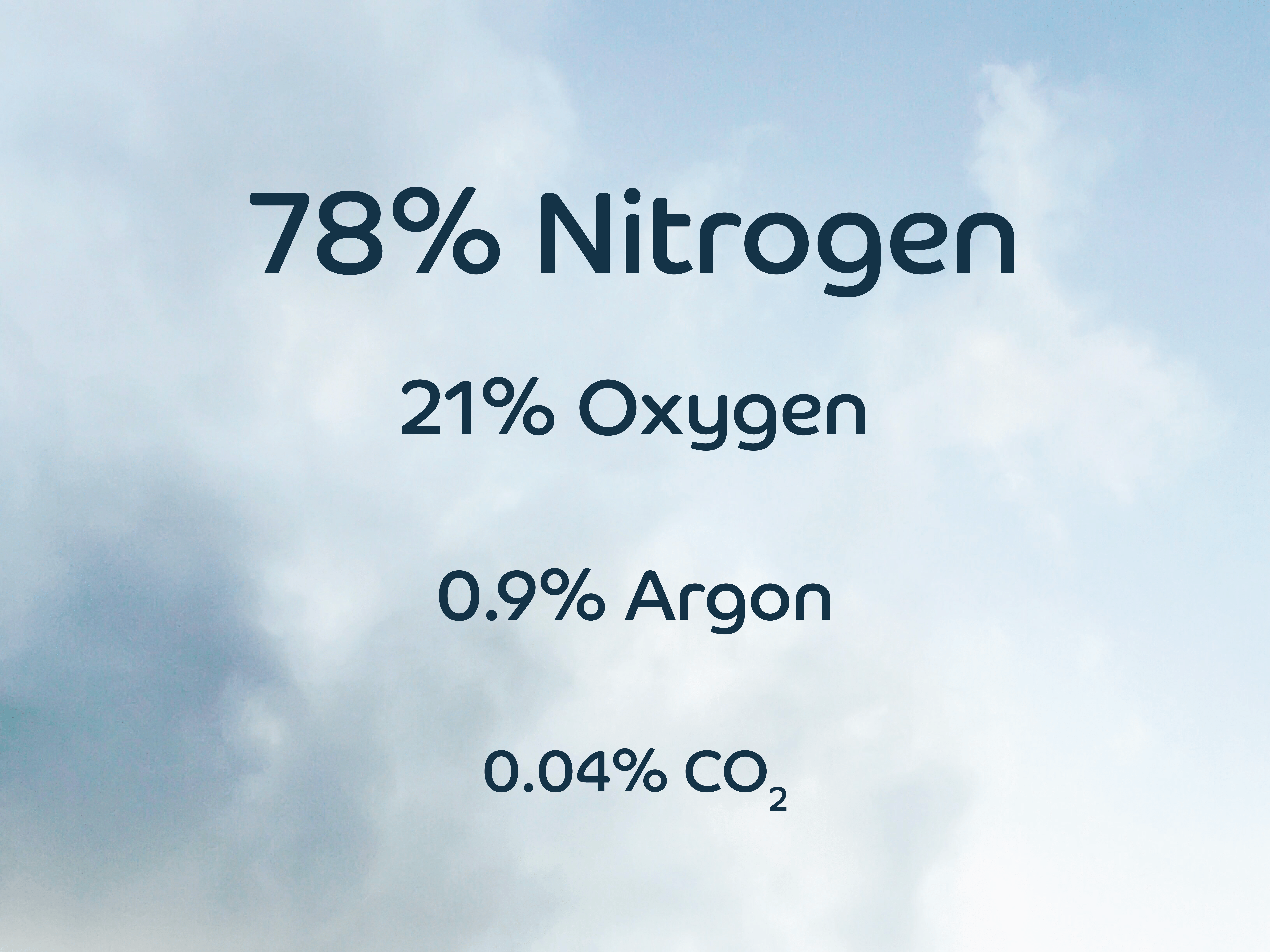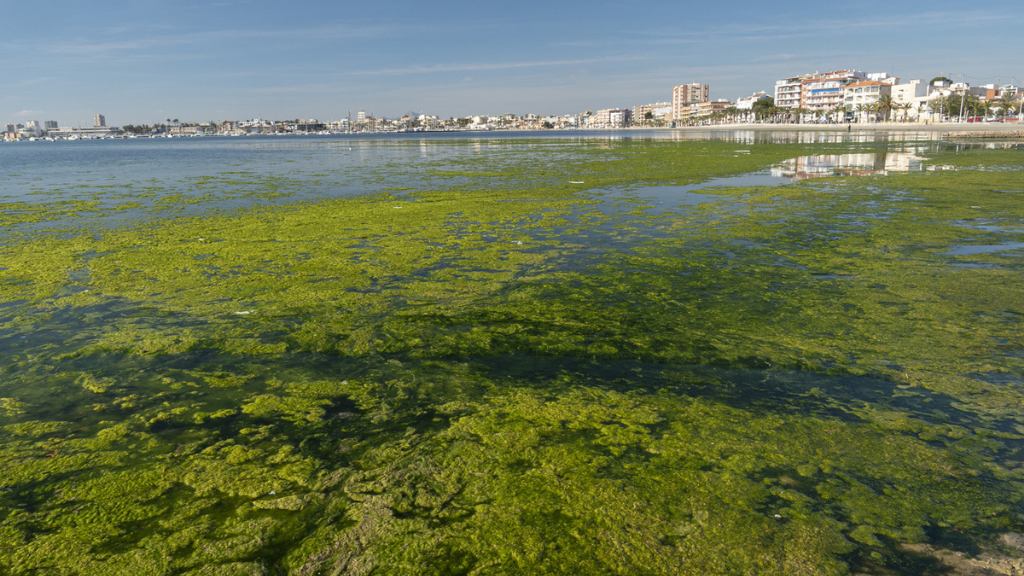We are used to hearing about CO2 and Carbon emissions. But lately, there is a new term that is often mentioned when talking about sustainability and Climate Change. That term is “nitrogen”, and is often followed by “crisis”.
Why is nitrogen all of a sudden a matter of concern?
Nitrogen is a naturally occurring element that is essential for the life of plants and animals, found in amino acids that make up proteins that comprise the hereditary material and life’s blueprint for all cells.
Nitrogen is an element that can combine with itself, or with other elements. When two atoms of nitrogen form a chemical bond, nitrogen gas is formed, and in fact it makes up 78% of the atmosphere by volume.

So clearly, nitrogen is good and necessary and plays a crucial role in maintaining life on earth.
What could possibly be wrong with it? It’s all a matter of balance.
Since nitrogen is essential for crop growth and food production, it’s also a key component in synthetic fertilizers used in agriculture.
The increased demand for food has led to increased use of these fertilizers containing high levels of nitrogen. This was miraculous in resolving malnutrition in the 20th Century.

However, only part of the nitrogen fertilisers applied to soils ends up inside plants. Often, more than 50% washes away into watercourses and eventually leaches into the rivers and oceans (yes, even if they are far away, it slowly travels through the soil). Meanwhile, emissions are also generated during the combustion of fossil fuels and industrial activities and reach the ocean through rainfall. As a result, too many nutrients reach the ocean disrupting its balance.
What happens then is that fast-growing plants out-compete and kill slower-growing beneficial plants. Those fast-growing plants take up the majority of the oxygen available in the water which is also needed by fish to live.
Eutrophication and algal blooms take place leading to marine dead zones with obviously terrible consequences.

This is why even though nitrogen is a key component for life, an excess of it can be the opposite of it: a threat to our lives.
And so the nitrogen crisis has become a mainstream topic of general concern.
In this other blog we explain more about the nitrogen crisis and how we can solve it.